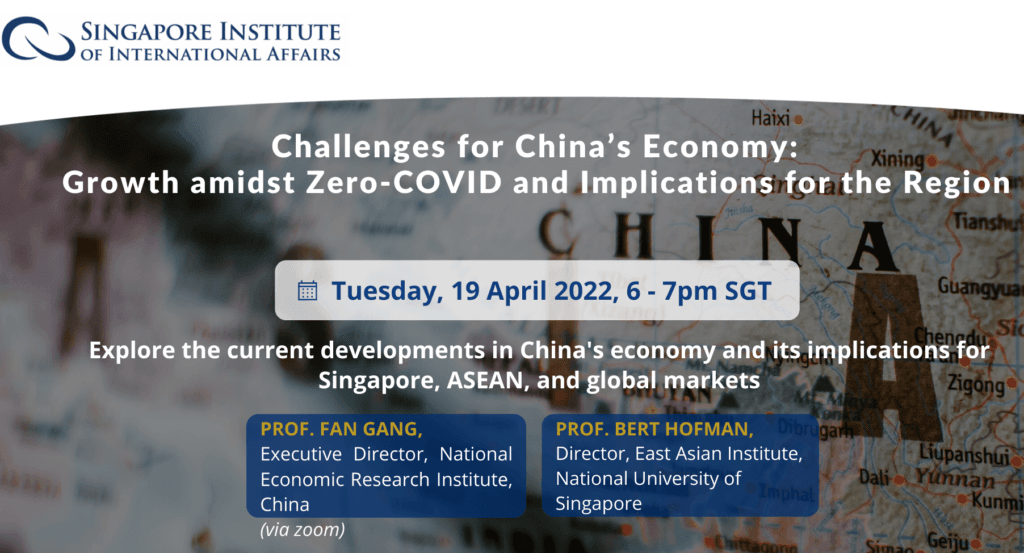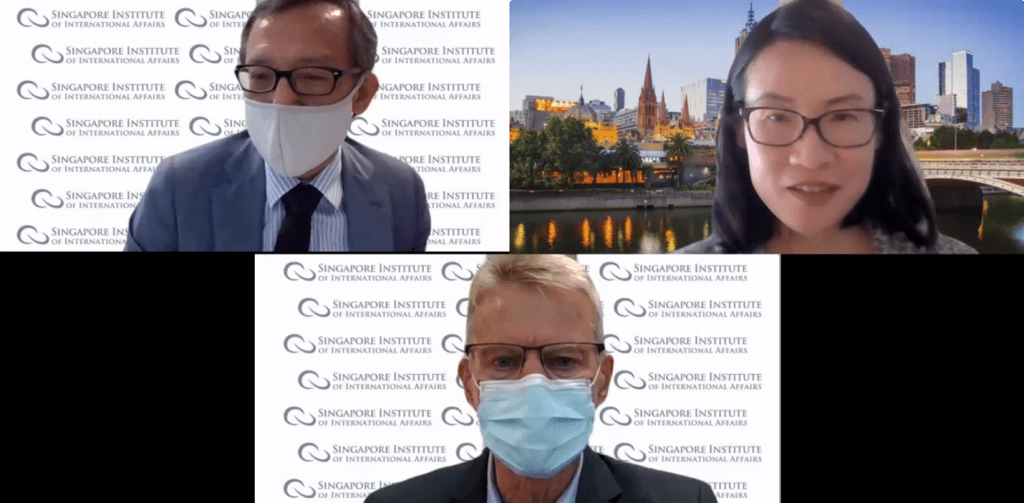100 days have elapsed since Pakatan Harapan defeated the ruling Barisan National coalition during Malaysia’s 14th General Election. The SIIA hosted an evening talk on Malaysia’s new government, featuring views from Dr. Oh Ei Sun, Senior Advisor for International Affairs, Asian Strategy and Leadership Institute (ASLI), Malaysia. Speaking on the sidelines of the talk, Dr. Oh shared his thoughts on the topic in this interview for the SIIA.
Q. What is the most urgent governance task that Pakatan Harapan has yet to accomplish after 100 days in power?
Dr. Oh: During the first 100 days of Pakatan Harapan government, I think they focused very much on investigating some of those previously suppressed scandals, as well as repealing the much disliked GST. But I think what a lot of people and indeed businesses are looking for is perhaps some sort of comprehensive economic stimulation or at least a stabilisation plan. Because Malaysia is a very open economy, we are much affected by what is going on around the world economically. And what is going on around the world is not very encouraging, we still see the doldrums in economic development, and so on. So we will need some sort of very clear-cut and comprehensive economic stabilisation or stimulation plan.
Q. What immediate steps could be taken to improve bilateral ties between Malaysia and Singapore?
Dr. Oh: Well, I think Singapore-Malaysia relations under the new Malaysian government is off to perhaps a slightly bumpy start because of this mentioning of the water agreements and so on, or at least a revision of it. But I think if the positions of the respective governments could be clarified more, for example, what is the expectation of the new Malaysian government in terms of the water agreement, in terms of the high-speed rail and so on, then I think it should clear up a lot of the misunderstandings between the two countries. After all, we are two really close-knit countries, we can have a lot of pragmatic and common stances on a lot of issues around the world, from free trade to regional strategic issues.
Q. What advice do you have for foreign firms operating in Malaysia?
Dr. Oh: For foreign companies operating or investing in Malaysia, it’s a period of readjustment or recalibration. Previously, frankly speaking, Malaysia has been running on some sort of, shall we say, collusion economy. Namely, there’s a lot of corrupt practices going on. But now hopefully Malaysia is graduating from that. Businesses, be they foreign or domestic, they have to get used to doing business in a more open manner, for example with open tender, competition, and so on. But these practices are in accordance to international standards. So it’s a process of learning for both the government and as well as for businesses, in terms of adjusting to a new environment whereby a lot of these business practices are more in accordance with international practices.




